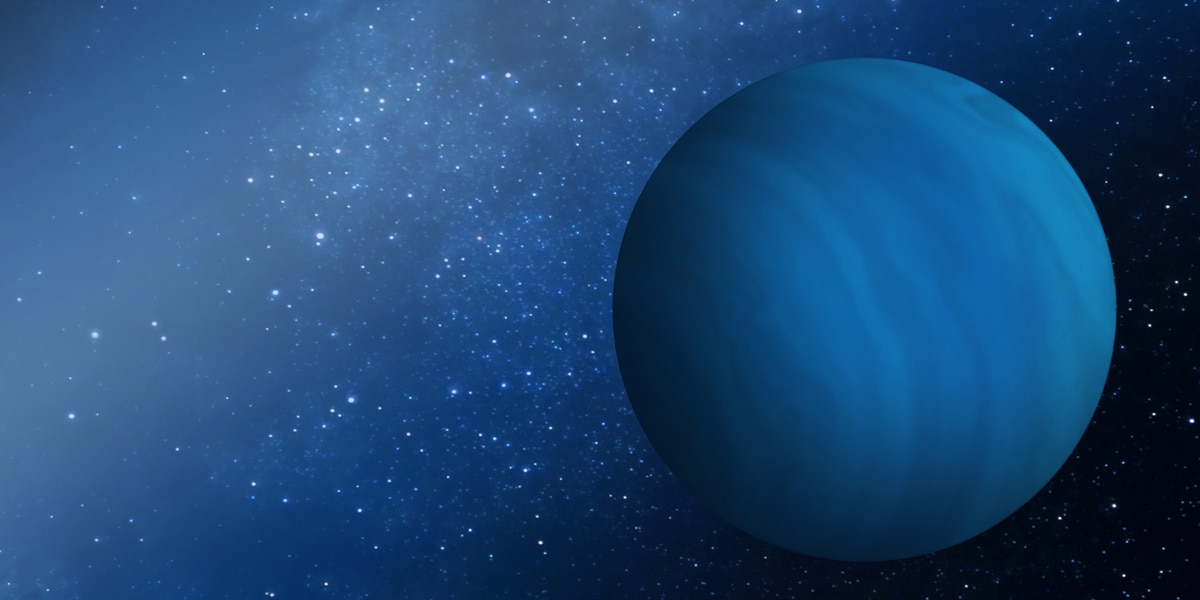Create a free profile to get unlimited access to exclusive videos, sweepstakes, and more!
Mea culpa: Are exoplanets planets?

[Would you call this a planet, an exoplanet, a rogue planet? Yes. Or no. Or maybe. Artwork credit: SWRI.]
I recently wrote an article about a group of scientists who are offering up a new definition of “planet”; essentially overthrowing the previous and ridiculous definition written, voted upon, and approved by the International Astronomical Union (the officiating body for such things).
In that article, I made the case that this new definition doesn’t help a whole lot, and in fact we don’t need a definition of what a planet is at all. And while nothing has changed to sway me since the article was posted, and it doesn’t affect my point, I made a mistake in the article I feel I must correct.
For some time now I, and many others, have stated that the IAU definition is silly for many reasons, including a line that says that planets can only orbit the Sun. If that’s true, then exoplanets — worlds orbiting other stars — aren’t really planets!
The thing is, that’s not the case. The IAU statement doesn’t say that, although it’s easy to see why people (including me!) may have thought so. Here is the statement:
The IAU therefore resolves that planets and other bodies, except satellites, in our Solar System be defined into three distinct categories in the following way: (1) A planet is a celestial body that (a) is in orbit around the Sun, (b) has sufficient mass for its self-gravity to overcome rigid body forces so that it assumes a hydrostatic equilibrium (nearly round) shape, and (c) has cleared the neighbourhood around its orbit.
[emphasis mine]
If you read just the itemized list, 1(a) makes it seem that exoplanets are excluded. But if you read the introductory statement (which I highlighted) then you see that the IAU was only concerning itself with objects in our solar system. By phrasing it this way, they could ignore the thorny problem of exoplanets.
Why thorny? Well, for one thing, we can’t confirm 1(c) for exoplanets with our current technology. It could be done theoretically, I suppose; physical models looking at the exoplanet’s mass and orbit could indicate whether an exoplanet had “cleared the neighbourhood” around it. But without actually observing all that, you can’t know if it’s true.
Plus, that part of the definition was always silly, anyway. If you put Earth where Pluto is, it wouldn’t have enough gravity to clear bits of stuff out of its neighborhood either. A definition that changes depending on where an object is, is, in my opinion (which is the correct one) a terrible definition.
This would get even tougher when dealing with rogue planets, which are worlds ejected from their birth solar system and which now wander the galaxy alone. These are not theoretical! We’ve discovered several, and have seen several more candidates (that is, yet to be confirmed). We know that planets can migrate closer to their star just after their formation, and if they encounter another planet the gravitational interaction can toss one out of the system entirely. There may be as many rogue planets in the black between stars as there are planets orbiting stars!
The IAU has not ruled on exoplanets, which is probably smart. If you thought defining “planet” was hard (and it is, because it’s impossible to do so in a practical way) then defining “exoplanet” would be even harder.
So, let’s not do it. Instead, we should use the terms loosely, letting them guide us but not box us in. Nature is more clever than we are, and we should listen to it when it tells us that we are being too narrow in our thinking. Nature seems to be OK with making objects that are hard to define, and I’m OK with that, too.
My thanks to Mike Brown —yes, that Mike Brown— for pointing out my error.


























